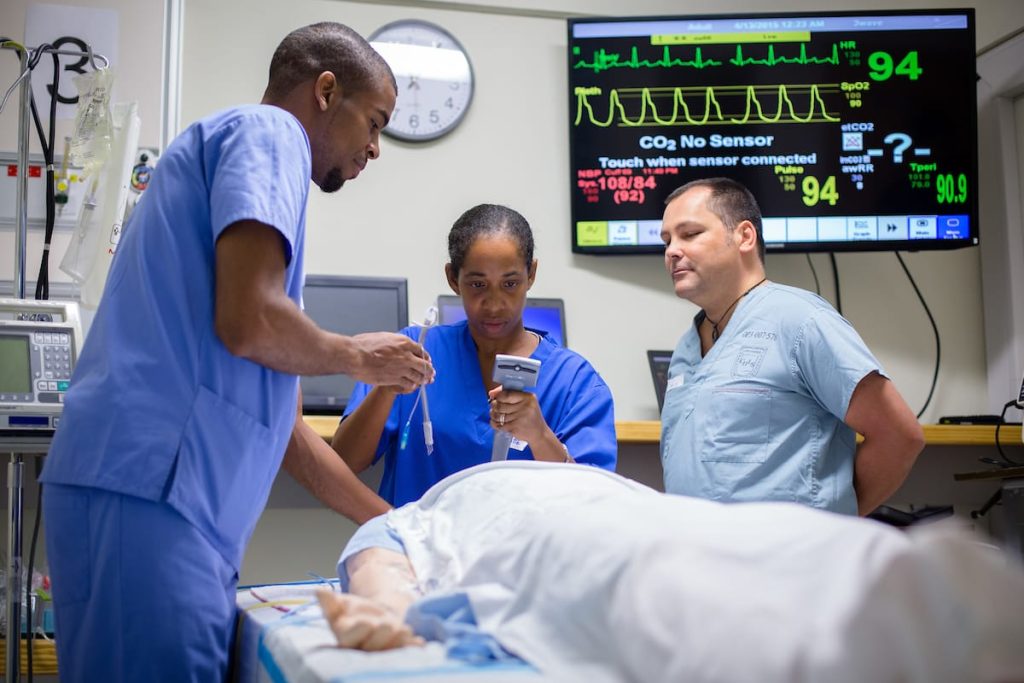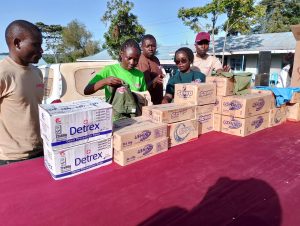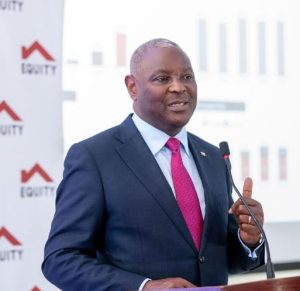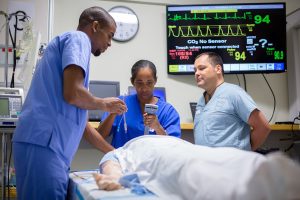As the world commemorates World Diabetes Day 2025, St. George’s University (SGU), School of Medicine in Grenada, West Indies, is drawing attention to a pressing health challenge facing Africa: the continent’s rapidly growing diabetes epidemic and the urgent need to expand access to care, diagnosis, and prevention.
Across Africa, diabetes is silently emerging as one of the most pressing public health threats of the 21st century. The continent has one of the fastest-growing rates of diabetes worldwide, yet also some of the lowest diagnosis and treatment rates. According to the World Health Organization, only 46% of people living with diabetes in the African region know their status. Many individuals live for years without knowing they have the disease until severe complications such as heart disease, kidney failure, or blindness appear. For countless families, the financial and emotional costs are devastating.
The diabetes crisis in Africa is driven by multiple factors, including urbanization, changing diets, sedentary lifestyles, and limited public awareness. Yet, the most alarming issue remains the lack of access to timely care. Across many African nations, screening facilities are scarce, insulin and medications are unaffordable for low-income households, and there are only a few trained healthcare professionals to manage the growing number of patients.
These barriers to care and the unequal distribution of medical resources between rural and urban areas continue to widen the health gap. In rural communities, where healthcare infrastructure is weakest, diabetes often goes undiagnosed until complications become life-threatening.
Empowering the Next Generation of Healthcare Leaders
Education is central to solving the diabetes crisis. SGU’s global medical education model focuses on training doctors and healthcare professionals who thrive in underserved, diverse communities with global health, clinical excellence, and community impact.
One of SGU’s graduates, Dr. Godino Kalungi (MD ’18) from Uganda, exemplifies this mission in action. Reflecting on his journey, he shared how his education at SGU helped turn his vision into reality: ‘‘During my SGU admission interview, I spoke about my long-term vision: to transform healthcare access in my home country, Uganda. That vision hasn’t changed. Today, I lead a healthcare nonprofit called Tuzimbe, which is dedicated to improving access to care in underserved communities. As a surgeon, I see it as my responsibility to reach those who might otherwise never see a specialist or receive timely treatment.”
Dr. Kalungi’s story is just one example of how SGU graduates are shaping the future of healthcare across Africa, addressing critical challenges like diabetes through education, compassion, and action. Tackling diabetes in Africa requires shared responsibility and cross-sector collaboration. Governments, NGOs, and educational institutions must work together to ensure that every individual, regardless of income or location, can access affordable, quality diabetes care. Equally important is raising public awareness, as information on preventing and managing diseases effectively with early detection and healthy lifestyle choices should be prioritized.
By training future doctors who combine medical expertise with cultural awareness and social responsibility, SGU continues to play a vital role in closing healthcare gaps that hinder progress toward equitable diabetes care.
For more information on how SGU School of Medicine can prepare aspiring African doctors, visit SGU’s website.







More Stories
A New Generation of Kenyan Nurses Steps Into a Transformed Health System
Counties partner With EMKF to Build Emergency Dispatch Centres
Strong Men, Smart Moves: How Lifestyle and Early Detection Can Outsmart Prostate Cancer